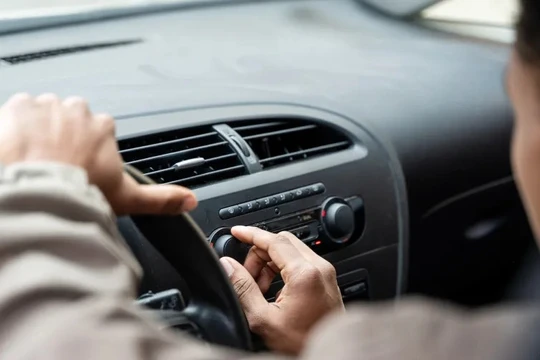6 harmful habits when using a car in winter, drivers should avoid
Not looking around, starting the car and driving right away, over-inflating the tires, opening the window while driving, or wearing too many warm clothes... are very harmful habits for your car as well as for safe driving in the cold season.
In winter, the temperature in the Northern region can sometimes drop below 10 degrees Celsius, making our cars more susceptible to typical problems. At the same time, many people have the habit of using their cars improperly in cold weather, affecting safe driving.
Here are some bad habits to correct when driving in cold weather:
Not looking around before getting in the car
Automotive technicians always advise that before starting the car, you should take about 1 minute to "look" at the parts around the car such as tires, engine oil, coolant, windshield washer fluid, wipers, etc. to ensure a safe trip. However, not everyone has this habit.
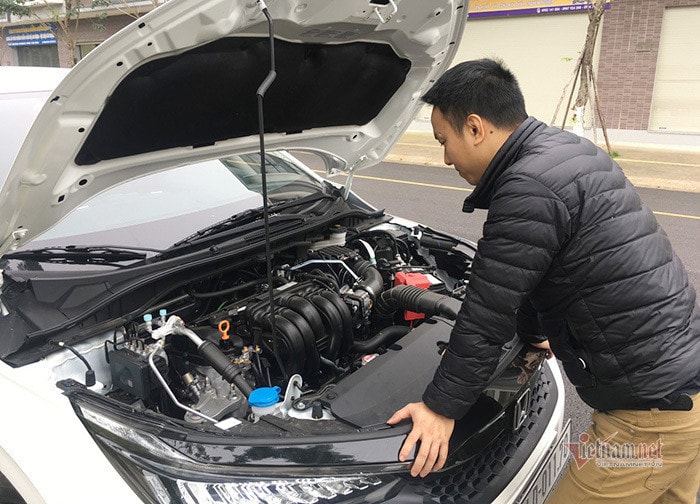
In fact, even just observing with the naked eye can detect problems with the car. In winter, special attention should be paid to the lighting system because this is the season of "long nights, short days" and lots of drizzle and fog. When the lighting system does not work properly, it will greatly affect road safety.
Ignore unusual battery signs
Car batteries are also very prone to problems and operate less efficiently in the cold season. In particular, the battery terminals can be rusted due to acid buildup on the terminals, which over time can corrode the battery terminals and cause terminal damage. At this point, the car does not have enough power to start or perform other functions.
Therefore, when checking and detecting any abnormal signs, it is necessary to clean and check the battery voltage. If the battery has been used for too long (over 3 years), consider replacing it with a new one to ensure safety.
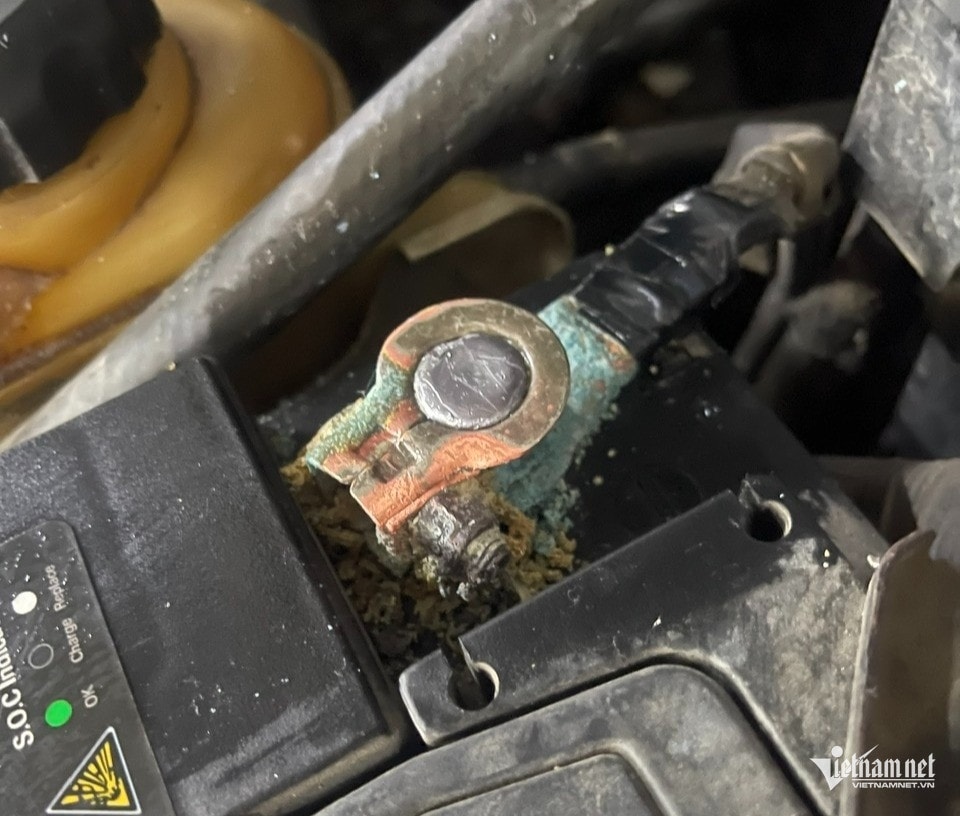
Start and go
In winter, engine oil and lubricants settle to the bottom, thickening more than usual after a short time. Therefore, when starting the car, these fluids need more time to "warm up" and pump evenly to the engine parts.
In fact, many people have the habit of starting the car and then immediately shifting gears to move the car. This is very harmful to the engine because some parts have not yet been lubricated, when the car moves at high rpm, heavy loads can heat up and wear out the parts faster.
Normally, experts always advise drivers to start the car and let it idle for about 1 minute before starting to move. However, you should not start the car for too long as it wastes fuel.
Over-inflated tires
Many drivers believe that "heat expands, cold contracts" so they tend to under-inflate their tires in the summer and over-inflate them in the winter. However, even in winter, if you travel at high speed, the friction with the road surface can still "burn" the tire temperature as high as in the summer.
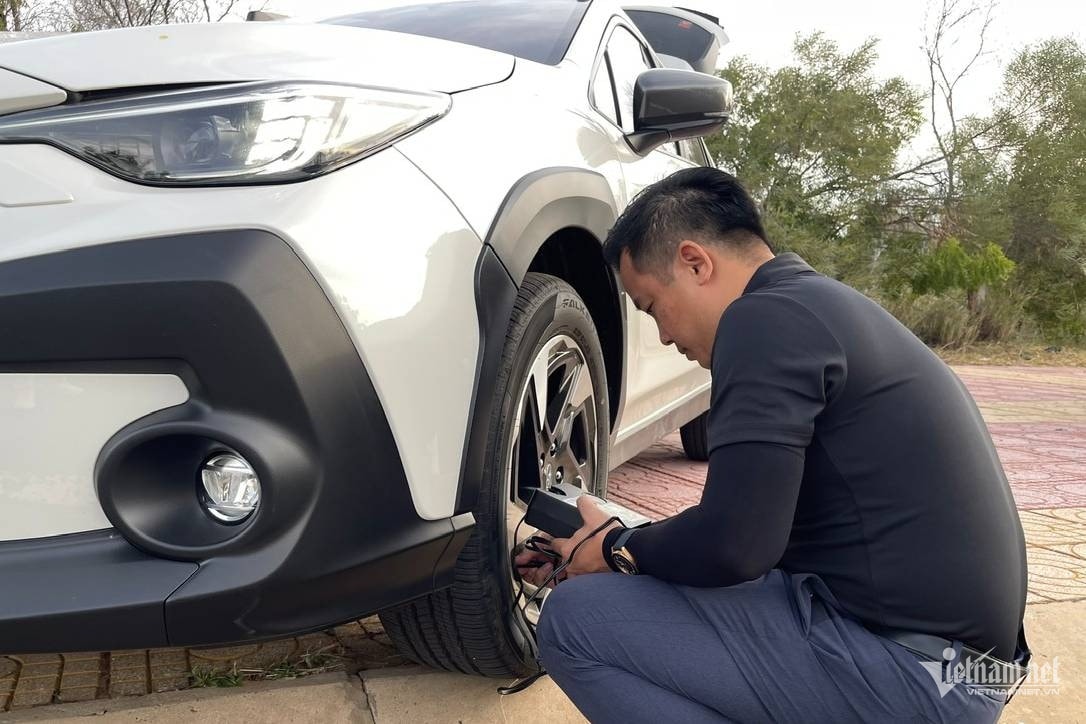
Experts even say that in winter, low temperatures combined with dry air will make the rubber layer of the tire more susceptible to damage and cracking. If the tire is over-inflated in winter, it can be even more harmful than in summer. Therefore, it is necessary to maintain adequate tire pressure, according to the manufacturer's recommendations, whether it is winter or summer.
Open the window when driving
Low temperatures cause many drivers to not use air conditioning, instead choosing to open the windows to get air from outside. However, this may be an incorrect habit because in this season the weather is dry, the air has a lot of fine dust. Opening the windows will allow dust to easily penetrate inside, making the interior compartment dirty quickly.
At the same time, opening the windows even slightly will significantly increase the vehicle's drag, especially when driving on the highway. This not only makes noise but also makes the car consume much more fuel than closing the windows.
Wearing clothes that are too warm
The low temperature outside forced the driver and passengers to wear many layers of clothes, scarves, and hats. When getting on the bus, most of them still kept them on, making them hot and uncomfortable, hindering activities on the bus and even having to turn on the air conditioning.
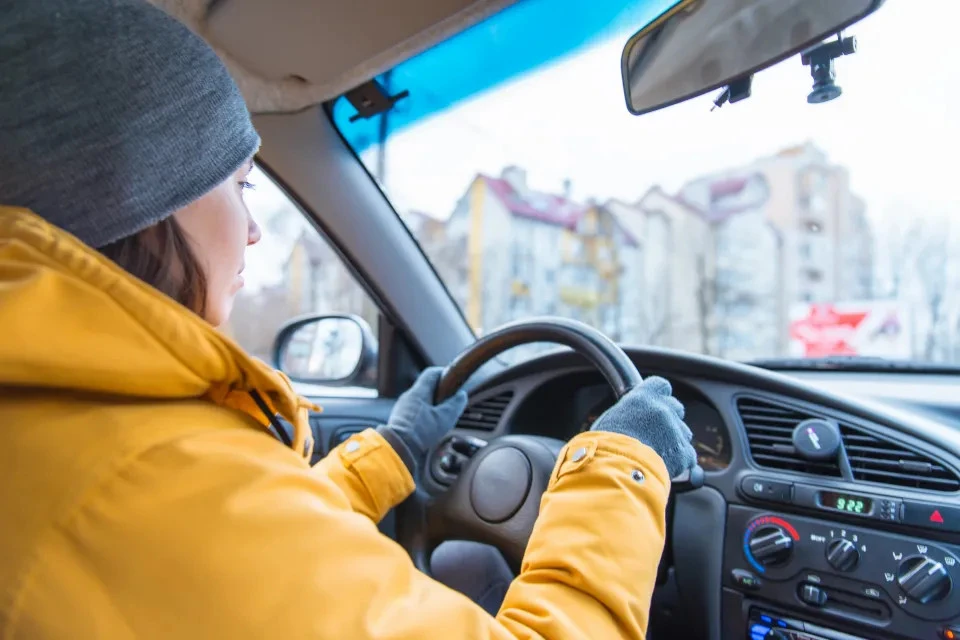
For drivers, wearing too many thick winter clothes can be cumbersome, stuffy and make it difficult to handle situations, especially for long periods of time. Taking off clothes is almost impossible while driving on the road.
Therefore, before getting in the car, the driver should take off his coat, scarf, gloves, etc. based on the temperature difference and put them in a suitable position before sitting in the driver's seat to get the most comfortable state.


